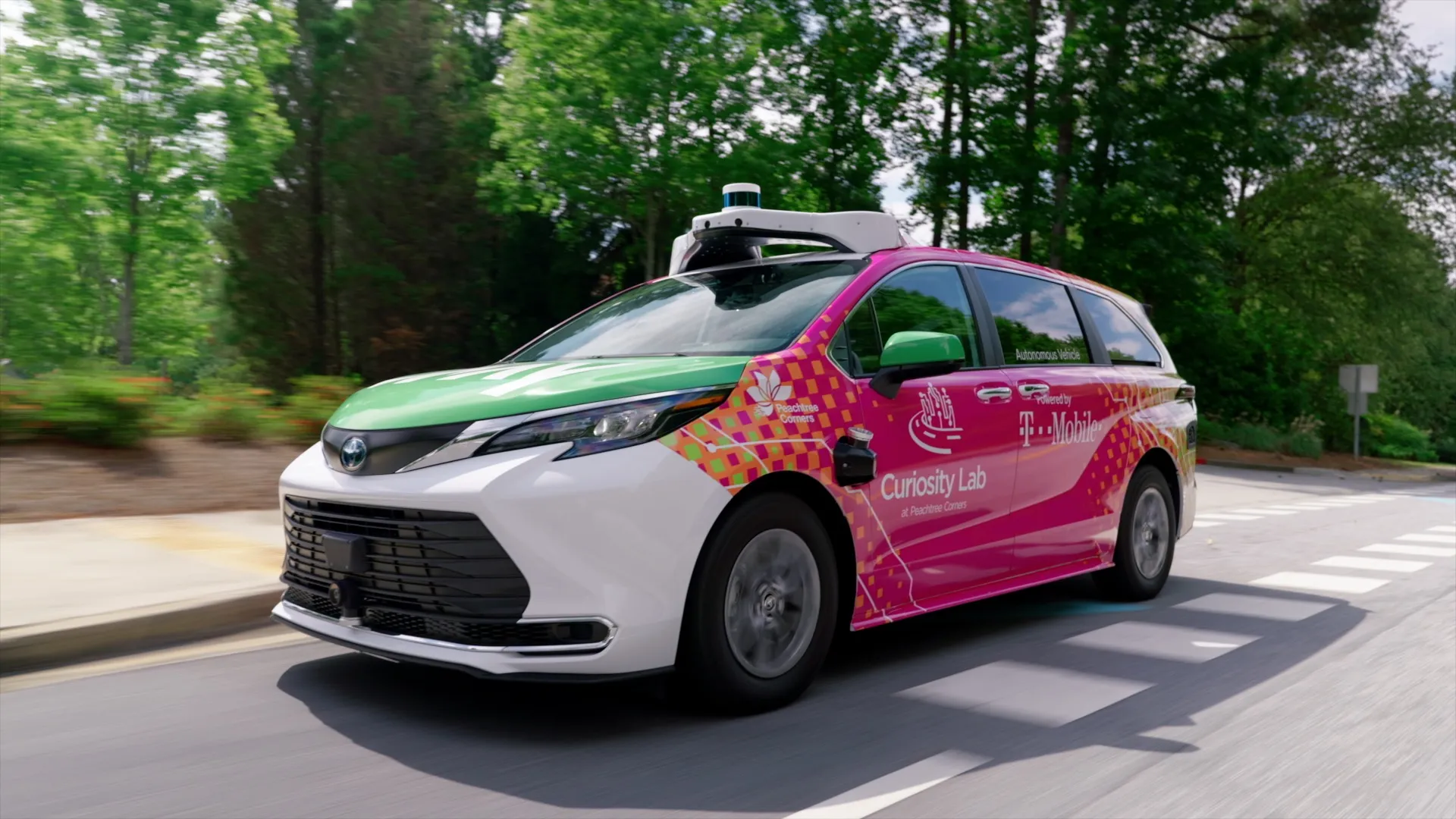UK transport consultancy, the Transport Research Laboratory (TRL), has launched the UK Smart Mobility Living Lab @ Greenwich; a real-life environment where connected and automated vehicles (CAVs), services and processes can be safely developed, evaluated and integrated within the local community.
Based in the Royal Borough of Greenwich, London and supported by UK government, the UK Smart Mobility Living Lab @ Greenwich helps organisations bring solutions to market faster by enabling them to be trialled a
February 19, 2016
Read time: 3 mins
UK transport consultancy, the Transport Research Laboratory (491 TRL), has launched the UK Smart Mobility Living Lab @ Greenwich; a real-life environment where connected and automated vehicles (CAVs), services and processes can be safely developed, evaluated and integrated within the local community.
Based in the Royal Borough of Greenwich, London and supported by UK government, the UK Smart Mobility Living Lab @ Greenwich helps organisations bring solutions to market faster by enabling them to be trialled and validated in a real-life environment. Vehicle manufacturers, OEMs and tech developers can use the lab to assist with research and development, concept testing and validation, launching new technology or services, and understanding how new technology is perceived in a real world environment.
TRL has identified three clear challenges facing the CAV market today; the choice and variety of technologies available to manufacturers, the rate at which the capacity and speed of those technologies are developing and the automotive industry’s ability to adapt quickly enough to capitalise on the opportunities this presents. The UK Smart Mobility Living Lab aims to help organisations address these challenges by providing an open innovation environment in which industry, academia and the public sector can collaborate to accelerate the development of safe, efficient and effective CAV systems.
London provides the ideal location to explore the interoperability of CAVs with other transport services; due to the permissive regulations, thriving automotive industry and excellent research base and innovation infrastructure.
Greenwich benefits from a diverse range of transport modes including roads, buses, underground, rail, Docklands Light Railway, river bus and the Emirates Airline cable car. This provides an ideal environment to test the interaction and interoperability of connected and autonomous vehicles in a variety of different environments.
Rob Wallis, CEO of TRL commented: “The launch of the UK Smart Mobility Living Lab is an important step in the path towards vehicle automation. Many organisations are testing autonomous systems in dedicated off-street facilities, but the success of these vehicles largely depends on how they integrate into real world living environments, alongside existing transport services. By providing a welcoming and real-life regulatory environment for testing, TRL can help accelerate the adoption of new technology and enable the UK to play a pivotal role in the development of this global market over the next five years.”
Transport Minister Andrew Jones added: “Driverless cars will improve road safety and bring huge benefits to the economy. We have backed projects in Greenwich with £9m of funding that are helping to turn it into a major centre for testing and demonstration. I am excited to see the UK Smart Mobility Living Lab progress, helping to keep the UK at the forefront of the motoring of the future.”
Based in the Royal Borough of Greenwich, London and supported by UK government, the UK Smart Mobility Living Lab @ Greenwich helps organisations bring solutions to market faster by enabling them to be trialled and validated in a real-life environment. Vehicle manufacturers, OEMs and tech developers can use the lab to assist with research and development, concept testing and validation, launching new technology or services, and understanding how new technology is perceived in a real world environment.
TRL has identified three clear challenges facing the CAV market today; the choice and variety of technologies available to manufacturers, the rate at which the capacity and speed of those technologies are developing and the automotive industry’s ability to adapt quickly enough to capitalise on the opportunities this presents. The UK Smart Mobility Living Lab aims to help organisations address these challenges by providing an open innovation environment in which industry, academia and the public sector can collaborate to accelerate the development of safe, efficient and effective CAV systems.
London provides the ideal location to explore the interoperability of CAVs with other transport services; due to the permissive regulations, thriving automotive industry and excellent research base and innovation infrastructure.
Greenwich benefits from a diverse range of transport modes including roads, buses, underground, rail, Docklands Light Railway, river bus and the Emirates Airline cable car. This provides an ideal environment to test the interaction and interoperability of connected and autonomous vehicles in a variety of different environments.
Rob Wallis, CEO of TRL commented: “The launch of the UK Smart Mobility Living Lab is an important step in the path towards vehicle automation. Many organisations are testing autonomous systems in dedicated off-street facilities, but the success of these vehicles largely depends on how they integrate into real world living environments, alongside existing transport services. By providing a welcoming and real-life regulatory environment for testing, TRL can help accelerate the adoption of new technology and enable the UK to play a pivotal role in the development of this global market over the next five years.”
Transport Minister Andrew Jones added: “Driverless cars will improve road safety and bring huge benefits to the economy. We have backed projects in Greenwich with £9m of funding that are helping to turn it into a major centre for testing and demonstration. I am excited to see the UK Smart Mobility Living Lab progress, helping to keep the UK at the forefront of the motoring of the future.”








